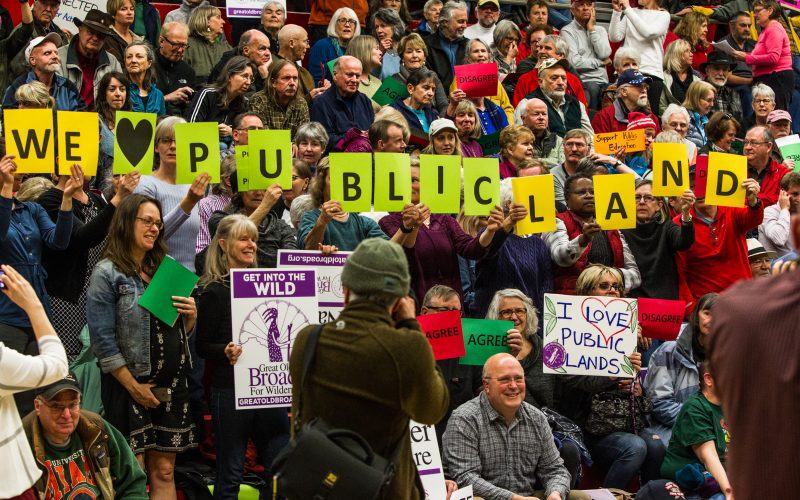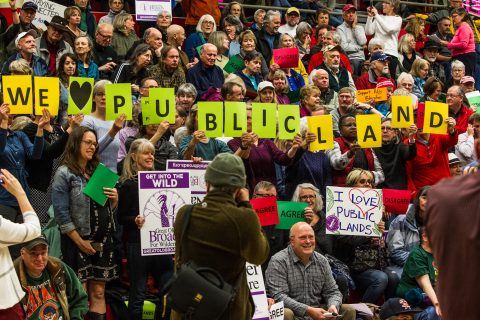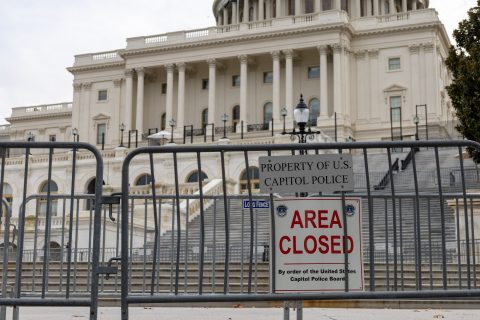You may have signed a petition online, but what about actually meeting in-person with your representative to advocate for a public policy change? Sam Daley-Harris founded Results, a citizen lobby committed to creating the political will to end hunger and the worst aspects of poverty. He joins host Krys Boyd to discuss effective strategies for advocating for change that won’t leave you frustrated by the process. His book is “Reclaiming Our Democracy: Every Citizen’s Guide to Transformational Advocacy.”
What you can do besides sharing Instagram infographics
By Shaunessy Renker, Think Intern
Most of us are familiar with the petitions on Change.org that influencers share on Instagram. But do these virtual actions successfully advocate for change in the way that they are intended to?
Sam Daley-Harris, author of “Reclaiming Our Democracy,” has advice for those who are dissatisfied with lack of progress and have a hunger for revolutionizing public policy, and it starts with two different types of advocacy: transformational and transactional.
Transactional advocacy can be identified as signing a petition or donating to an organization, and while these help, the results they reap may be short-term—or not effective at all.
“There was a survey of advocacy professionals conducted by the Congressional Management Foundation,” says Daley-Harris. “Only 3-percent of congressional staff said that emails and petitions are effective.”
Transformational advocacy means more in-person involvement, such as meeting collectively with members of your community or one-on-one with a congressional leader. This kind of activism can be trained, helping people accomplish things they may have never thought possible.
“The first [step] is you’re looking for an organization that is up for recruitment and building community,” says Daley-Harris. “You really want to make people effective—how do you write a letter to an editor? How do you plan a meeting with a member of Congress? And then the third thing is that the organization is committed to breakthroughs…encouraging you out of your comfort zone.”
Daley-Harris dismisses the notion that there’s not much more we can accomplish or change as citizens besides voting. When Biden was elected in 2020, 80 million constituents did not vote, that is roughly 24-percent of the U.S. population.
“I’m not telling people not to sign petitions—don’t expect them to make a big difference though,” he says. “Let it be an entry point if anything, not an ending point when you do your work.”





